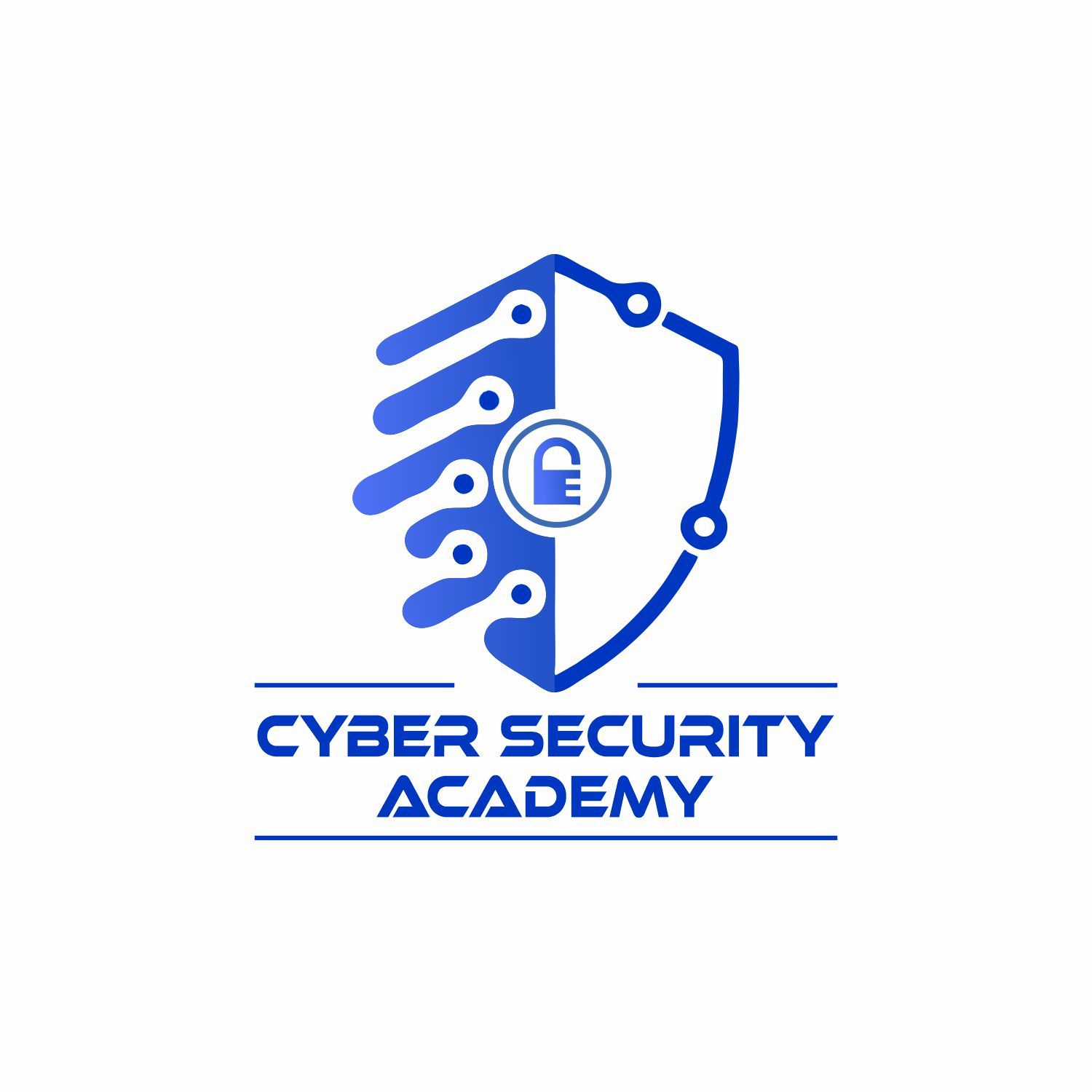Overview of CCISO Certification
- The CCISO Certification is a prestigious program designed for Chief Information Security Officers like yourself to enhance their skills and knowledge in the field of information security.
- This certification not only validates your expertise but also equips you with the latest strategies to effectively mitigate cybersecurity risks. The CCISO exam covers five domains: governance and risk management, information security controls, strategic planning, finance, and vendor management. By mastering these areas, you can establish yourself as a trusted leader capable of safeguarding your organization’s digital assets.
- Achieving CCISO certification can open doors to career advancements, higher salaries, and increased credibility within the cybersecurity industry, making it a valuable investment for professionals like yourself aiming to excel in their roles.
5 Domains
Information Security Practical Skills Acquisition
Gain a deep understanding of information security technical and administrative skills.
Training Partner
EC Council -Official Training Partner
Instructor-Led CCISO Live Online Training.
$2000
365-Day LMS Access + Exam Bundle
Includes 365-day access to course content and exam voucher.
Upcoming Class
:
:
:
Days
Hours
Minutes
Seconds
